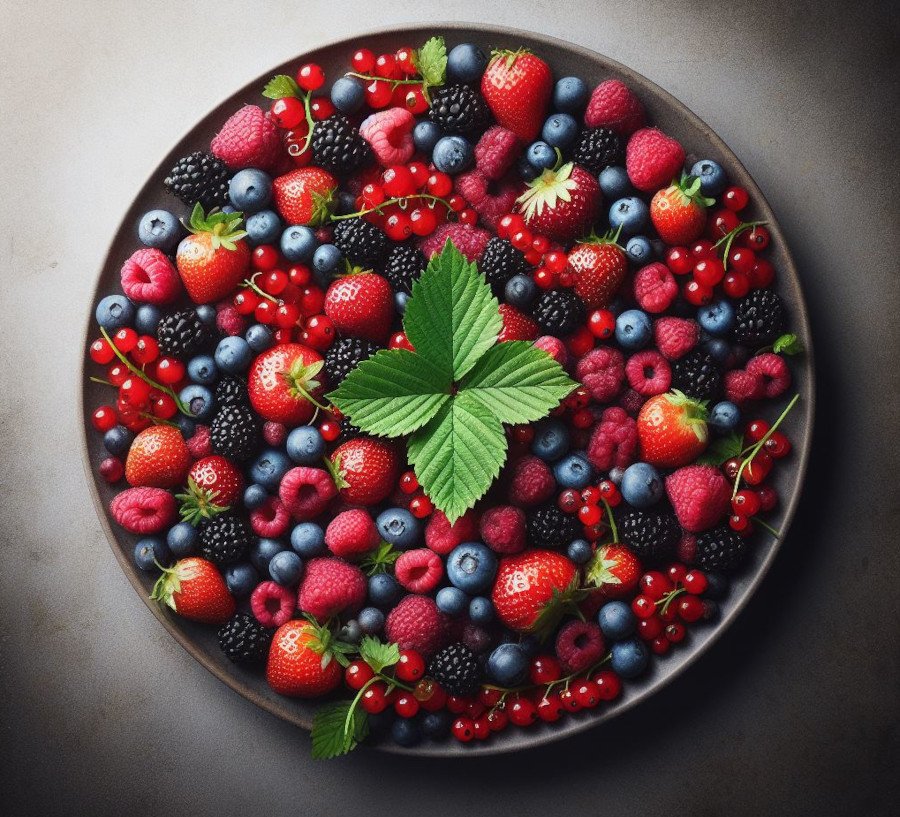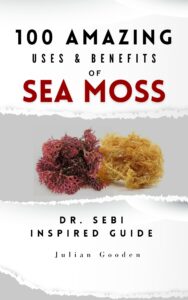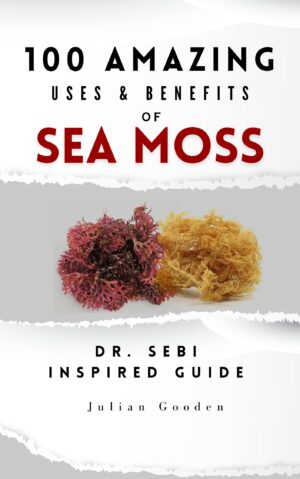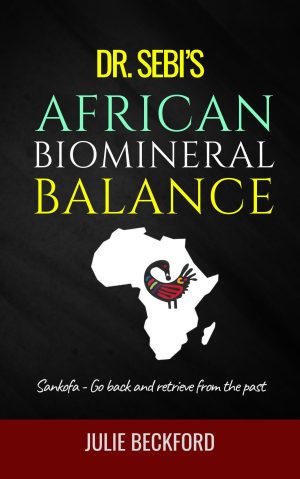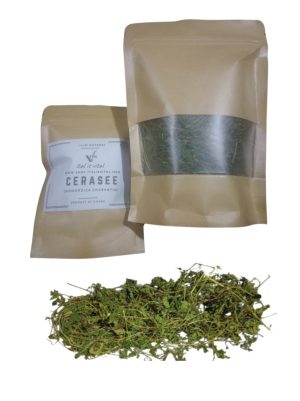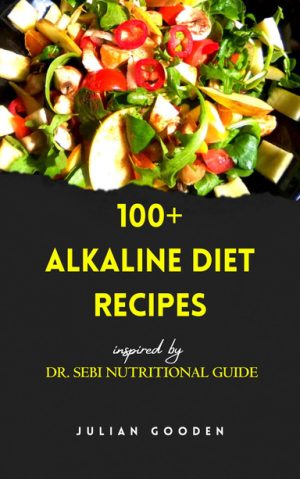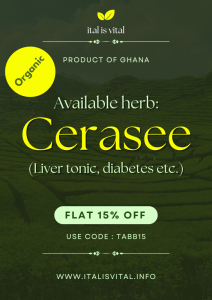Dr. Sebi advocated for a specific dietary approach that included a variety of fruits. Here is a detailed profile of the fruits that were included in his dietary guidelines:
- Apples:
- Apples are a popular fruit known for their sweet and crisp taste.
- They are a good source of dietary fiber, nutrients and antioxidants.
- Apples are believed to support digestive health and may help regulate blood sugar levels.
- Bananas (Burro banana):
- Burro bananas, a variety of bananas, are smaller and have a sweeter flavor compared to the common Cavendish banana.
- They are a good source of potassium, nutrients and dietary fiber.
- Burro bananas are often consumed for their potential to provide energy and nutrients.
- Berries (All varieties except Cranberries):
- Berries, including strawberries, blueberries, and blackberries, are known for their sweet and tart flavors.
- They are rich in antioxidants, nutrients and dietary fiber.
- Berries are believed to support overall health and may have anti-inflammatory properties.
- Cantaloupe:
- Cantaloupe is a sweet and juicy melon variety.
- It is a good source of nutrients, as well as dietary fiber.
- Cantaloupe is often consumed for its hydrating and refreshing properties.
- Cherries:
- Cherries are small, sweet, and tart fruits.
- They are rich in antioxidants, particularly anthocyanins.
- Cherries are believed to have anti-inflammatory and pain-relieving properties.
- Currants:
- Currants are small, dark berries known for their sweet and slightly tangy taste.
- They are a good source of nutrients and dietary fiber.
- Currants are often consumed for their potential health benefits.
- Dates:
- Dates are sweet, chewy fruits that are rich in natural sugars.
- They are a good source of potassium, and dietary fiber.
- Dates are often used as natural sweeteners and energy boosters.
- Figs:
- Figs are sweet and nutritious fruits.
- They are a good source of dietary fiber, and minerals.
- Figs are often consumed for their potential digestive benefits and energy-boosting properties.
- Grapes (Seeded):
- Seeded grapes are grapes that contain seeds.
- They are a source of natural sugars, and antioxidants.
- Grapes are often enjoyed as a sweet and nutritious snack.
- Key Limes (Seeded):
- Key limes are small, tart citrus fruits.
- They are a good source of antioxidants.
- Key limes are used in cooking and for their potential health benefits.
- Mango:
- Mangoes are sweet and tropical fruits with a juicy, orange-yellow flesh.
- Mangoes are often consumed for their delicious taste and potential nutritional benefits.
- Melons (Seeded):
- Various types of melons, including watermelon and honeydew, are included in Dr. Sebi’s dietary recommendations.
- They are hydrating and a good source of minerals.
- Orange (Seville or Sour):
- Seville oranges, also known as sour oranges, are less sweet than common sweet oranges.
- They are a source of vitamin C and can be used in cooking and making beverages.
- Papayas:
- Papayas are tropical fruits known for their sweet and vibrant orange flesh.
- They are a source of dietary fiber.
- Papayas are believed to support digestion and immune health.
- Peaches:
- Peaches are sweet and juicy stone fruits.
- Peaches are often consumed for their delicious taste and potential nutritional benefits.
- Pears:
- Pears are sweet and juicy fruits.
- They are a source of dietary fiber, and minerals.
- Pears are often consumed for their potential digestive benefits.
- Plums:
- Plums are sweet and slightly tart stone fruits.
- They are a source of dietary fiber.
- Plums are believed to support digestion and may have antioxidant properties.
- Prickly Pear (Cactus fruit):
- Prickly pear, also known as cactus fruit, is a type of edible cactus.
- It is a source of dietary fiber, and antioxidants.
- Prickly pear is often consumed for its potential health benefits, including aiding in digestion.
- Prunes:
- Prunes are dried plums with a sweet and slightly tangy taste.
- They are a good source of dietary fiber, and minerals.
- Prunes are often consumed for their potential digestive benefits.
- Raisins (From seeded grapes):
- Raisins are dried grapes, and Dr. Sebi specified they should be made from seeded grapes.
- They are a source of natural sugars, and minerals.
- Raisins are often used as a natural sweetener and for their potential health benefits.
- Soft Jelly Coconuts:
- Soft jelly coconuts are young, green coconuts with a soft, translucent flesh and sweet coconut water.
- They are hydrating and a source of electrolytes, and minerals.
- Soft jelly coconuts are often consumed for their refreshing and rehydrating properties.
- Soursops:
- Soursop, also known as graviola, is a tropical fruit with a spiky green exterior and soft, white flesh.
- It is a source of nutrients and may have potential health benefits.
- Soursop is believed to support immune health and may have antioxidant properties.
- Tamarind:
- Tamarind is a tropical fruit with a sweet and tangy pulp.
- It is rich in dietary fiber, nutrients, and minerals.
- Tamarind is often used in cooking and beverages and may aid digestion.
Summary
Fruits:
Apples
Bananas (Burro banana)
Berries (All varieties except Cranberries)
Cantaloupe
Cherries
Currants
Dates
Figs
Grapes (Seeded)
Key Limes (Seeded)
Mango
Melons (Seeded)
Orange (Seville or Sour)
Papayas
Peaches
Pears
Plums
Prickly Pear (Cactus fruit)
Prunes
Raisins (From seeded grapes)
Soft Jelly Coconuts
Soursops
Tamarind


